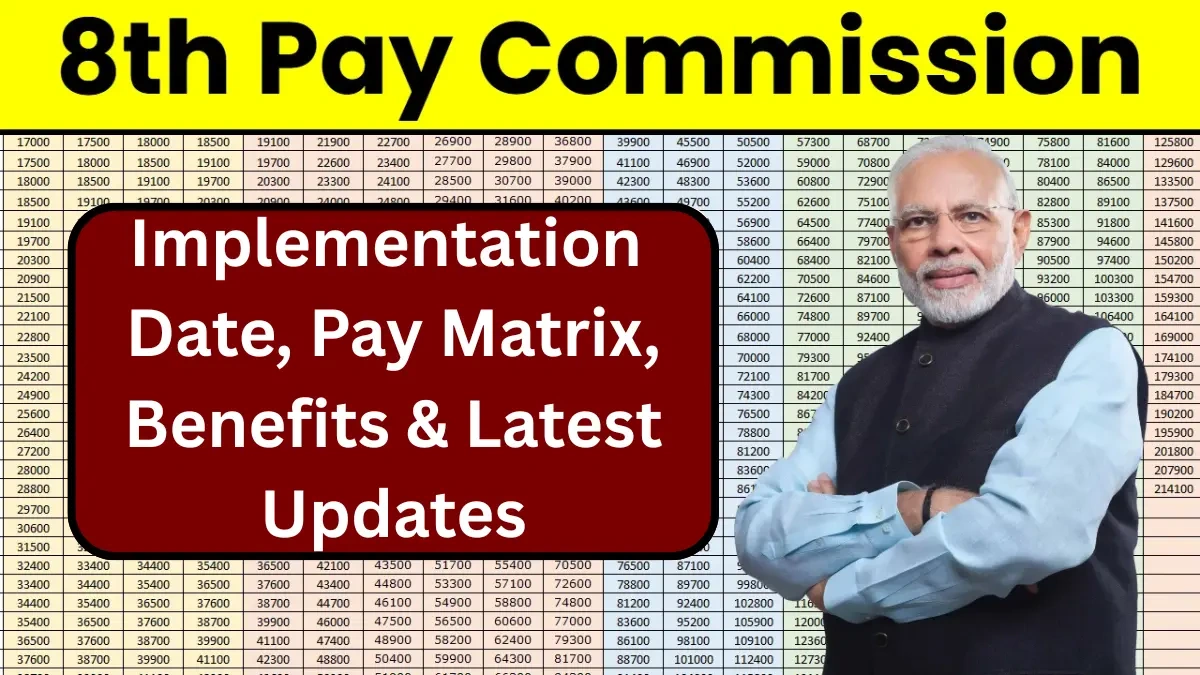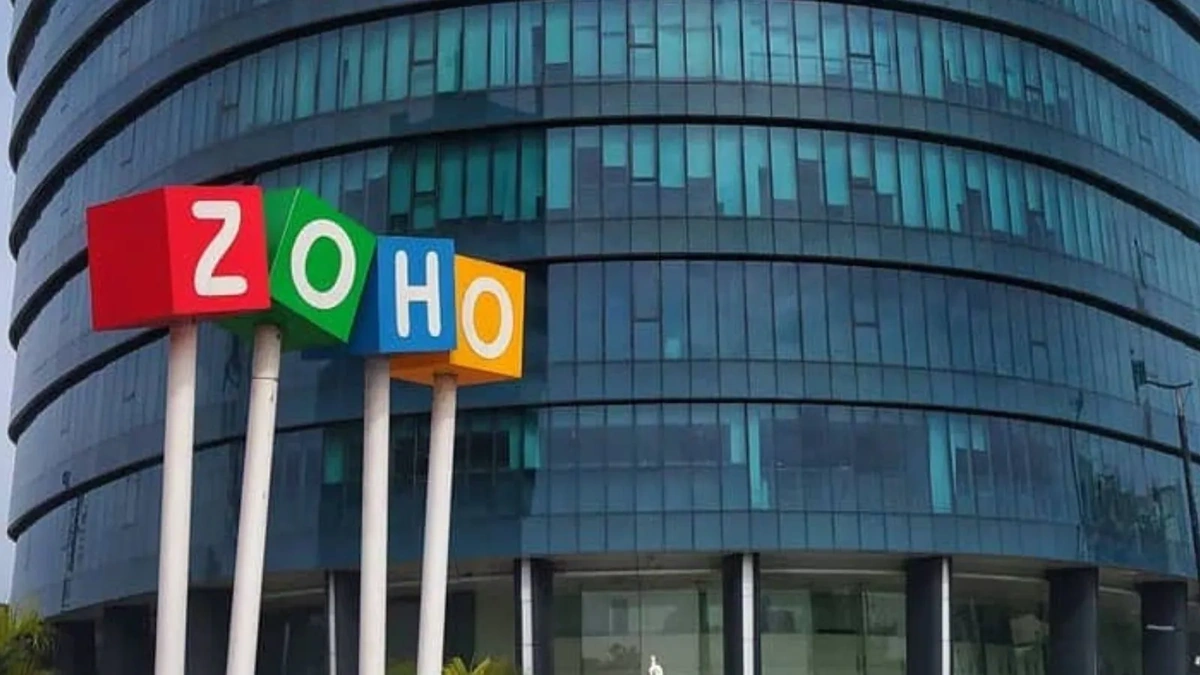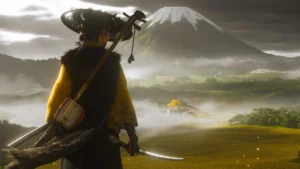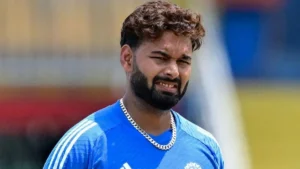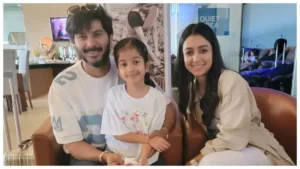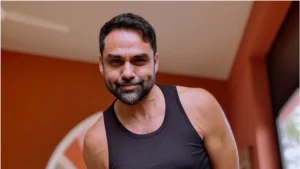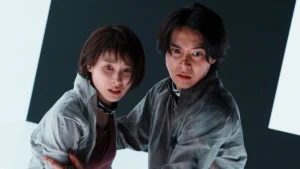The Judge Who Won’t Stay Silent | Why B. Sudarshan Reddy Still Matters to Every Indian
Ever wonder what happens to a Supreme Court judge after they hang up their robes? Most fade into a well-deserved, quiet life of reading, writing, and contemplation. They’ve served at the pinnacle of the Indian judicial system, and rest is earned. And then there’s Justice B. Sudarshan Reddy .
Here’s the thing about Justice Reddy: the gavel may have fallen silent on his official career in 2011, but his voice has only grown louder. He’s not just a retired judge; he has become one of the most vital, unflinching commentators on the very soul of Indian law, governance, and justice. You might see his name pop up in the news, heading a commission or delivering a fiery speech, and wonder, “Who is this man, and why should I care?”
Let’s be honest, the inner workings of the judiciary can feel distant, wrapped in jargon and procedure. But what fascinates me, and what should matter to you, is how certain individuals cut through that noise. Justice Reddy is one of them. To understand his significance is to understand the ongoing debate about what justice and accountability should look like in our country. So, let’s sit down and unpack the story of the man who went from a farmer’s son to a formidable conscience for the Indian judiciary.
From a Village in Telangana to the Halls of Power

The story doesn’t start in a fancy law school in Delhi. It starts in a small village in the erstwhile Medak district of Telangana. Born into an agricultural family, B. Sudarshan Reddy’s journey is a testament to a very Indian kind of ambition one fueled by intellect and an unyielding work ethic. He wasn’t destined for the bench; he earned his way there, step by painstaking step.
After getting his law degree from Osmania University, he began a practice that would eventually lead him to become a judge of the Andhra Pradesh High Court, its Chief Justice, the Chief Justice of the Gauhati High Court, and finally, a Judge of the Supreme Court of India in 2007.
But a CV is just a list of places. It doesn’t tell you about the person. What’s crucial to understand about Justice B. Sudarshan Reddy is that his background seems to have instilled in him a powerful skepticism of unchecked authority. This isn’t just an abstract legal philosophy; it’s a recurring theme you see in his most defining moments, both on and off the bench.
The Landmark Judgments That Weren’t Just Rulings, But Statements

A judge’s legacy is written in their judgments. For Justice Reddy, one case in particular stands out, and it’s a story every Indian should know: the Salwa Judum case .
Let’s break this down. In Chhattisgarh, the state government had armed a civilian vigilante group, the Salwa Judum, to fight Naxalite insurgents. On the surface, it might sound like a practical solution. But in reality, it created a terrifying civil war-like situation where untrained, unaccountable civilians were given weapons of the state. It led to horrific human rights abuses.
When the case reached the Supreme Court, the bench that included Justice Reddy didn’t just pass a simple order. It delivered a thunderous judgment in 2011, declaring the state’s arming of these ‘Special Police Officers’ as unconstitutional. He wrote that the state cannot abdicate its responsibility and arm its own youth to kill its own youth. Think about that for a moment.
This wasn’t just a legal ruling; it was a profound moral statement about the limits of state power. He argued that the state is the ultimate protector of human rights, and outsourcing violence to private militias is a “perversion of the constitutional order.” This judgment is now a cornerstone of human rights jurisprudence in India. It’s a powerful reminder that the Constitution is meant to protect citizens from the state’s overreach, not just to empower the state. It’s one of the reasons many consider him a former supreme court judge whose opinions still hold immense weight.
Life After the Gavel | The Commissions and the Criticisms

For many, retirement means a step back. For Justice Reddy, it was a chance to step up in a different way. He was repeatedly called upon to head crucial commissions, tackling thorny issues that directly impact ordinary people.
One of the most significant was the Sudarshan Reddy Commission , set up to look into irregularities in Andhra Pradesh’s ‘Mee Bhoomi’ digital land records portal. For countless families, a small error in a land record can mean financial ruin. The commission’s job was to dissect the system, find the flaws, and recommend fixes to protect the rights of farmers and landowners. This is where the abstract idea of “justice” meets the gritty reality of a farmer trying to prove he owns the land his family has tilled for generations.
But his most impactful role post-retirement has been that of a public intellectual and a fierce critic of the judiciary itself. He has been incredibly vocal about the need for judicial accountability in India . He openly questions the collegium system , the opaque process by which judges appoint other judges. His argument is simple and powerful: a system that is not transparent cannot inspire public confidence. When a man who has been inside the system, who has been a part of that very collegium, raises these questions, people are forced to listen. This is worlds away from the usual hushed tones and deferential silence that surrounds the judiciary. It’s a conversation that has sometimes been uncomfortable, even leading to discussions around the kavin issue type of media frenzies, but it’s a necessary one.
Why His Voice Resonates So Deeply Today

So, why does any of this matter now? Because the questions Justice Reddy asks are the central questions of our time. How do we ensure our most powerful institutions are accountable to the people they serve? How do we balance security with human rights? How do we make sure justice isn’t just a concept for law books but a lived reality for the poorest and most vulnerable?
He reminds us that the judiciary is not a monolithic, divine entity. It is a human institution, capable of great good and, at times, prone to error. His willingness to speak truth to power even when that power is his own former institution is what makes him such an essential voice. He provides an insider’s perspective, without which any debate on judicial reform would be purely academic. It’s the difference between reading about a complex machine and hearing from the engineer who built it. Anyone aspiring for a career in law, perhaps weighing up a niacl career vs bank po , should study his career to understand the impact one can have.
In an era of noisy news cycles and fleeting outrage, figures like Justice B. Sudarshan Reddy are a reminder that some voices don’t just speak; they resonate. They force us to look in the mirror and ask uncomfortable questions about the very systems that govern our lives. And that, perhaps, is the greatest service a judge can offer a nation, long after the gavel has fallen silent.
Frequently Asked Questions about Justice B. Sudarshan Reddy
What was the Salwa Judum case that Justice Reddy was a part of?
The Salwa Judum case was a landmark 2011 Supreme Court case where a bench, including Justice Reddy, declared the state of Chhattisgarh’s policy of arming civilian vigilantes (Salwa Judum) to fight Naxals as unconstitutional. The judgment was a powerful statement on state responsibility and human rights, affirming that the state cannot abdicate its monopoly on legitimate force.
What are his views on the collegium system?
Justice B. Sudarshan Reddy is a vocal critic of the collegium system, the method by which judges of the Supreme Court and High Courts appoint other judges. He has argued that the system is opaque, lacks transparency, and needs significant reform to ensure public trust and accountability in judicial appointments. For more on this, you can refer to the officialSupreme Court of India’s historyof its judicial process.
Which state does Justice B. Sudarshan Reddy belong to?
Justice B. Sudarshan Reddy hails from the state of Telangana. He was born in the erstwhile Medak district, which is now in modern-day Telangana.
What was the purpose of the Sudarshan Reddy Commission on land records?
The commission, headed by Justice Reddy, was tasked with investigating alleged tampering and irregularities in the ‘Mee Bhoomi’ digital land records portal in Andhra Pradesh. Its goal was to identify systemic flaws and recommend measures to safeguard the integrity of land records, which are crucial for millions of farmers and property owners.
Has he held any other important positions after retiring from the Supreme Court?
Yes, besides heading commissions, he was also appointed as the Chairperson of the Commission to review the repeal of the Andhra Pradesh Reorganisation Act, among other advisory roles, showcasing that his legal and administrative expertise remains highly sought after.

